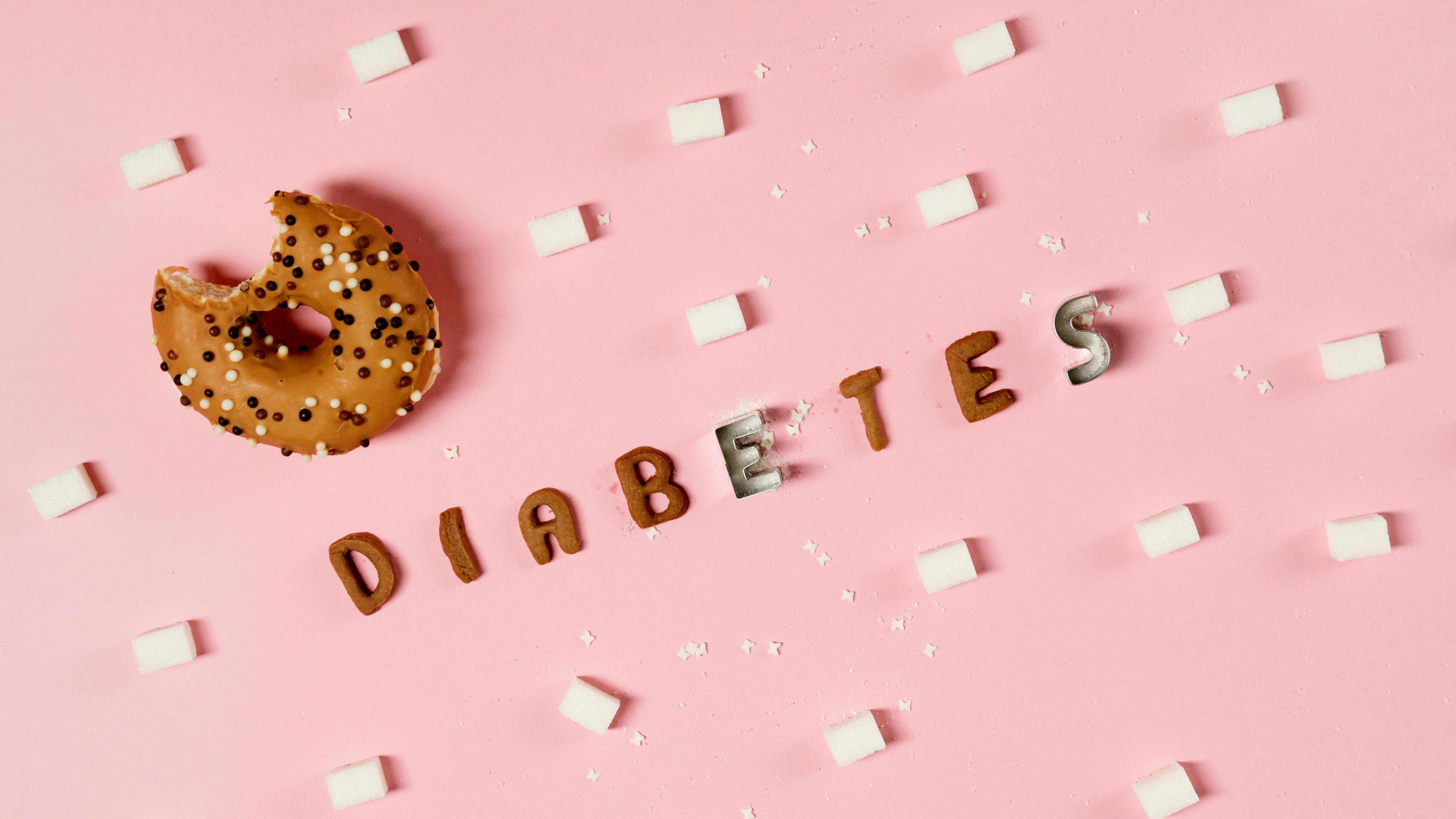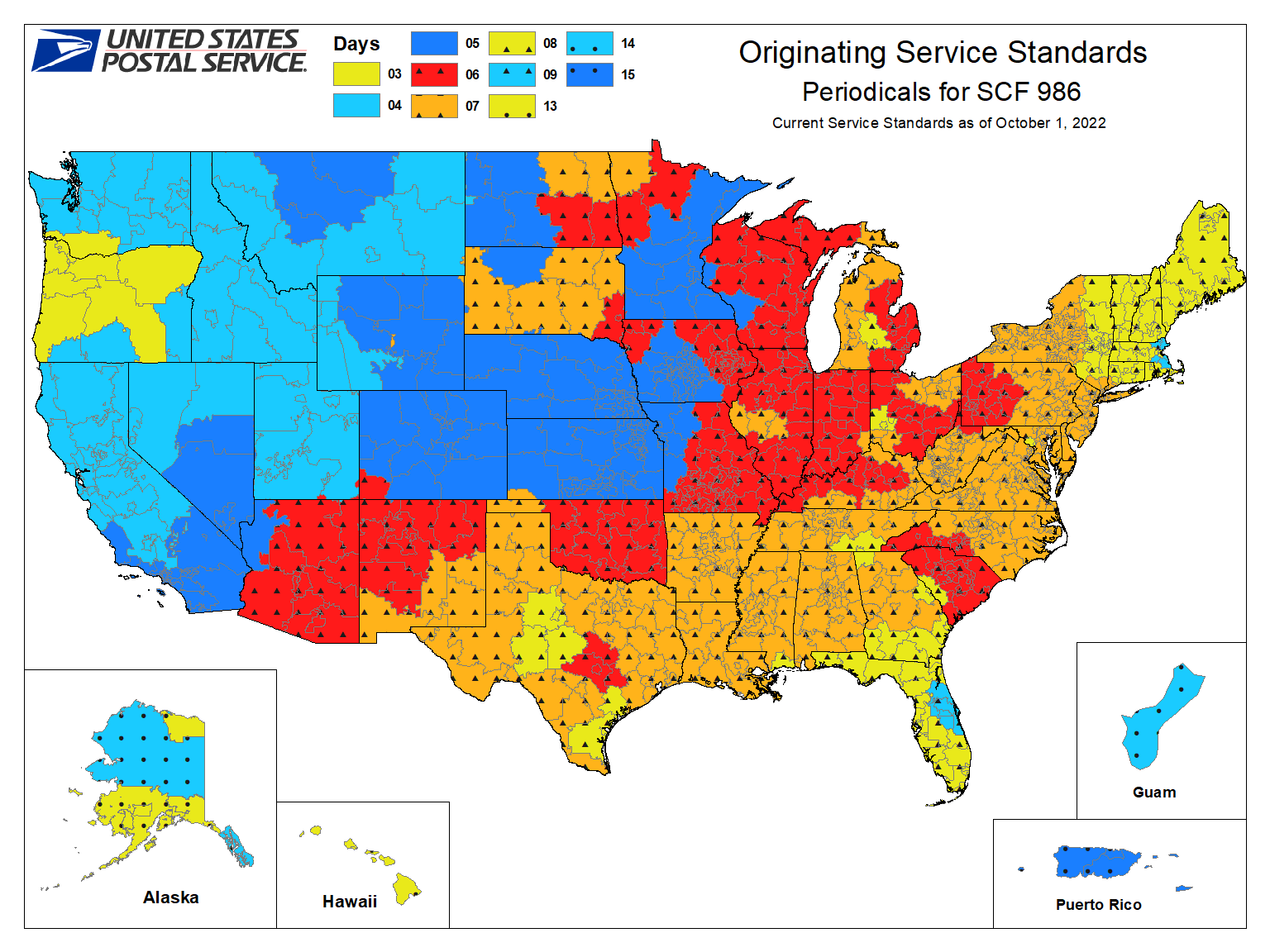How Long to Boil Chicken for Perfectly Tender Results in 2025
Boiling chicken is a versatile and practical cooking method, especially for those looking to create healthy and flavorful meals. Whether you're preparing chicken breasts, thighs, or even a whole chicken, understanding how long to boil chicken is essential for achieving perfect tenderness. In this guide, we'll explore the appropriate cooking times for different chicken parts, tips for enhancing flavor, and best practices for boiling chicken correctly.
Understanding Chicken Cooking Duration
When it comes to boiling chicken, knowing the correct boiling chicken time for various cuts is crucial. This ensures that not only is the chicken cooked through but also remains juicy and tender. Generally, chicken pieces will take different times to cook depending on their size and part. For instance, chicken breasts typically require about 15-20 minutes, while thighs may need around 30 minutes. A whole chicken can take approximately 1-1.5 hours.
Time Needed to Boil Chicken
Understanding the chicken cooking duration is helpful for meal planning. For chicken breasts, ensure you boil for about 15-20 minutes in a rolling boil. For thighs and drumsticks, the recommended time is roughly 30 minutes. A whole chicken, boiled for boiling point chicken, should reach 165°F at its thickest part, which generally takes around 45 minutes to 1 hour depending on size. Using a meat thermometer can help check for doneness accurately, preventing overcooking.
How to Check Chicken Doneness
Checking chicken doneness is another critical aspect of achieving perfect boiled chicken. The most reliable method is to use a meat thermometer. Insert it into the thickest part of the chicken without touching the bone. For safety, the internal temperature should reach at least 165°F (75°C). Alternatively, you can cut into the thickest part to check for any pinkness, which indicates it needs more cooking time.
Best Way to Boil Chicken: Techniques and Tips
There are various methods to boil chicken effectively to achieve soft and succulent meat. Enhancing the chicken's flavor during boiling can significantly improve your dish. Here are some important chicken cooking tips to remember.
Boiling Chicken With Vegetables
One of the best practices for enhancing flavor is to boil chicken with vegetables. Adding ingredients such as carrots, celery, and onions not only creates a delicious broth but also infuses flavors into the chicken. When combining these with herbs like thyme or rosemary, you’ll yield a fragrant and tasty outcome. This method helps to create a beautiful base for chicken broth from boiled chicken.
Marinating Boiled Chicken
For those looking to add another layer of flavor without compromising health, consider marinating the chicken before boiling. Using a simple mixture of olive oil, lemon juice, garlic, and your favorite spices can deeply flavor the meat. Allow the chicken to marinate for at least 30 minutes before boiling it to kick up the flavor profile and achieve seasoned boiled chicken that stands out in any dish.
Boiling Chicken for Shredding
Another popular use for boiled chicken is for shredding, which is perfect for salads, tacos, or casseroles. When you're planning to boil chicken for shredding, it’s essential not to overcook the chicken, as this can lead to a rubbery texture.
Boil Chicken Correctly
To boil chicken correctly for shredding, the best practice is to start with high heat to bring the water to a boil and then reduce it to a simmer when adding chicken. This method prevents toughening the meat. Boil chicken breasts or thighs for roughly 15-25 minutes, depending on size, checking periodically for doneness with a meat thermometer.
Using Boiled Chicken in Dishes
After boiling chicken, there are countless ways to use it in your meals. Whether tossing shredded chicken into a salad, integrating it into soups, or preparing a stir fry, the options are endless. It’s beneficial to have boiled chicken on hand for meal prep as it can save time during busy weeks. Use your boiled chicken in stir fries or hearty dishes to elevate your meals while keeping them versatile and nutritious.
Common Mistakes to Avoid When Boiling Chicken
While boiling chicken might seem straightforward, there are common mistakes that can lead to disappointing results. Being aware of these can ensure you achieve tender and delicious chicken every time.
Avoid Overcooking Boiled Chicken
One of the biggest pitfalls is overcooking. Overcooked chicken becomes dry and rubbery, which no one wants! To avoid this, closely monitor the chicken's cooking time and perform regular checks for doneness. Remember that once removed from heat, the chicken will continue cooking for a few minutes due to residual heat. Consider reducing the boiling time slightly to account for this.
Understanding Different Chicken Cuts for Boiling
Different chicken cuts require different boiling times, so understanding chicken cuts for boiling is vital. For instance, chicken legs take longer to cook than wings or breasts. Being mindful of specific cut times will help avoid both over and undercooking.
Key Takeaways
- Monitor boiling chicken time for various cuts to ensure perfect tenderness.
- Use a meat thermometer to always check for doneness and prevent overcooking.
- Enhance flavors by incorporating vegetables and herbs during the boiling process.
- Marinating chicken before boiling contributes to delicious flavor and tender texture.
- Avoid common mistakes such as overcooking and misunderstanding cook times for different cuts.
FAQ
1. What is the safe chicken boiling time?
The safe chicken boiling time generally depends on the type of chicken part being boiled. For breasts, about 15-20 minutes; thighs, around 30 minutes; and for a whole chicken, approximately 1-1.5 hours, checking with a thermometer to ensure an internal temperature of 165°F.
2. How can I prevent rubbery chicken when boiling?
Preventing rubbery chicken requires careful monitoring of cooking time. Avoid boiling beyond the recommended times, as overcooking causes cold chicken to lose moisture and become tough. Using a meat thermometer will help in checking doneness without cutting open the meat.
3. Can I boil chicken without skin?
Yes, you can certainly boil chicken without skin. In fact, skinless chicken breasts are often favored for healthier recipes. If boiling without skin, be sure to still season and incorporate flavors for a delicious result.
4. What are the health benefits of boiled chicken?
Boiled chicken is a lean source of protein, low in fat, and free from unhealthy additives. It retains much of its nutritional integrity compared to frying or grilling methods, making it a beneficial addition to a balanced diet.
5. How to flavor boiled chicken for different dishes?
Flavoring boiled chicken is easy! You can add spices, herbs, or marinate it beforehand. Additionally, boiling with broth, flavored water, or fruit juices will impart unique tastes suitable for a wide variety of dishes.
6. What should I do with leftovers boiled chicken?
Leftover boiled chicken can be stored in an airtight container in the refrigerator for up to four days. You can use it in salads, sandwiches, or as a protein source in stir-fries. For longer storage, consider freezing it in portions.
7. Is boiling the same as poaching chicken?
While both methods involve cooking chicken in water, boiling is done at a rolling temperature, while poaching is gentler and performed at lower temperatures. Poaching results in more tender meat, but boiling is a faster cooking technique.


